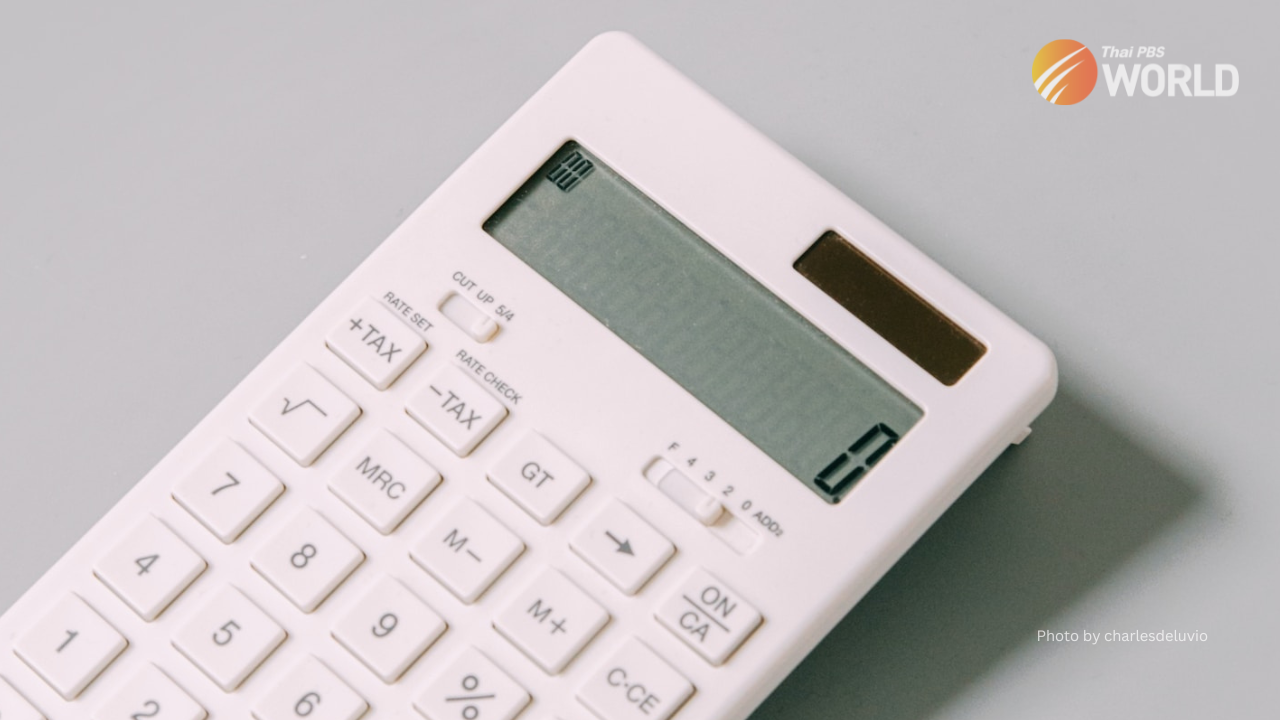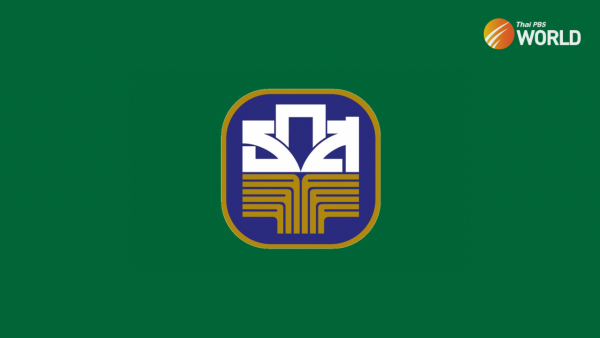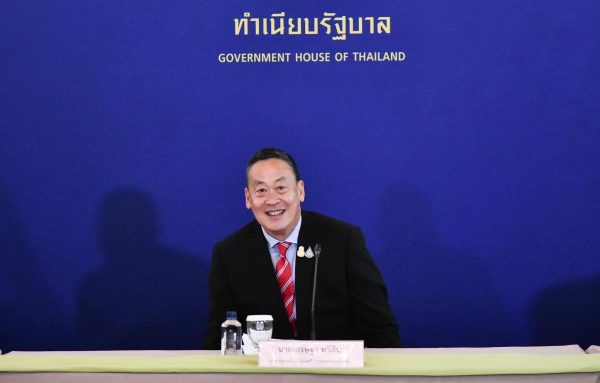Zero-based budgeting can’t tide over challenge of increasing revenue

The Move Forward Party, the leader of the coalition tipped to form the next government after the May 14 election, has proposed using zero-based budgeting (ZBB) to replace the current practice, which the party has blamed for the poor response to the people’s needs due to bureaucratic red-tape.
What is zero-based budgeting?
The party says while traditional budgeting calls for incremental increases over previous budgets, the ZBB is a budgeting process that asks state officials to create a budget from the ground up, starting from zero, in responding to urgent needs and challenges every year.
According to the Government Finance Officers Association, a research and consulting center in the US, the ZBB was very popular in the late 1970s, and there has been a renewed interest in the idea due to the fiscal constraints experienced by the United States.
What the Budget Bureau thinks
Chalermphol Pensoot, director of the Budget Bureau, told the media recently that discussions would be held with the new government about ZBB. In Thailand, four organizations participate in drafting the annual budget bill — the Finance Ministry, the National Economic and Social Development Council, the Bank of Thailand, and the Budget Bureau.
Responding to queries, Chalermphol said he was not sure what the Move Forward Party meant by ZBB. He explained that the Budget Bureau has also applied the ZBB concept in preparing the budget, which takes into account the national strategies when the government formulates the annual spending plan.
A former Budget Bureau official, who asked not to be named, said that Thailand’s budgeting has evolved over the years. It started from planned budgeting to the current strategic performance-based budgeting which focuses on the output and outcome.
Thailand has a list of strategies to guide the budgeting. For instance, there are six strategies all together for the current fiscal year. They include: national security, strengthening the country’s competitiveness, human resource development, social equality, sustainable economic growth, and improving the administrative efficiency of the public sector.
ZBB not new to Thailand
The source insisted that the current budgeting has also applied the ZBB method, which is a part of strategic performance-based budgeting.
In practice, it comprises some key elements: reviewing, redeploying, and replacing. Investment projects are subject to review, and should it be canceled then the financial resource will be re-deployed to another urgently needed project, or the old projects would be replaced with new ones, he said.
For example, when an investment project is completed by any government agency, the investment plan in that area would come to an end and the next investment would start from scratch or zero base, he explained. In terms of maintenance or the reviewing process of existing projects, if some task is dropped, then it would go back to zero base, the source explained.
The Move Forward Party has campaigned on a platform to reform many state agencies, including the military and police, and strive for fiscal decentralization to local governments.
Public sector reform will lead to budget cuts in some areas and increase in some areas. For example, the defense budget cut will partly finance the rising cost of welfare for children and the elderly promised by the party.
The current government has already started to formulate the budget bill for fiscal year 2024, which begins on October 1. The planned amount of spending is 3.35 trillion baht with a deficit of 593 billion baht. The bill needs to get the approval of Parliament before it comes into force. The budget is expected to be delayed as the current coalition government lost the election to the opposition parties who are collectively forming a new government led by the Move Forward Party.
Chalermphol acknowledged that the annual budget for fiscal year 2024 could be delayed by three to six months, depending on how the new government approaches it. The quickest outcome would be if the new government stays with the framework set by the outgoing government.
The source said that should the new government start to formulate the budget from a zero base, the bill could be delayed until March next year.
Tougher challenges
The choice of budgeting method might be a small tweak when compared with the task of raising sufficient revenue to finance its promised state welfare and investment projects for driving future growth. Many critics have wondered how the government could raise tax rates in a time of economic hardship, or how it could collect more taxes from the wealthy, who have a lot of clout in Thai politics.
By Thai PBS World’s Business Desk






